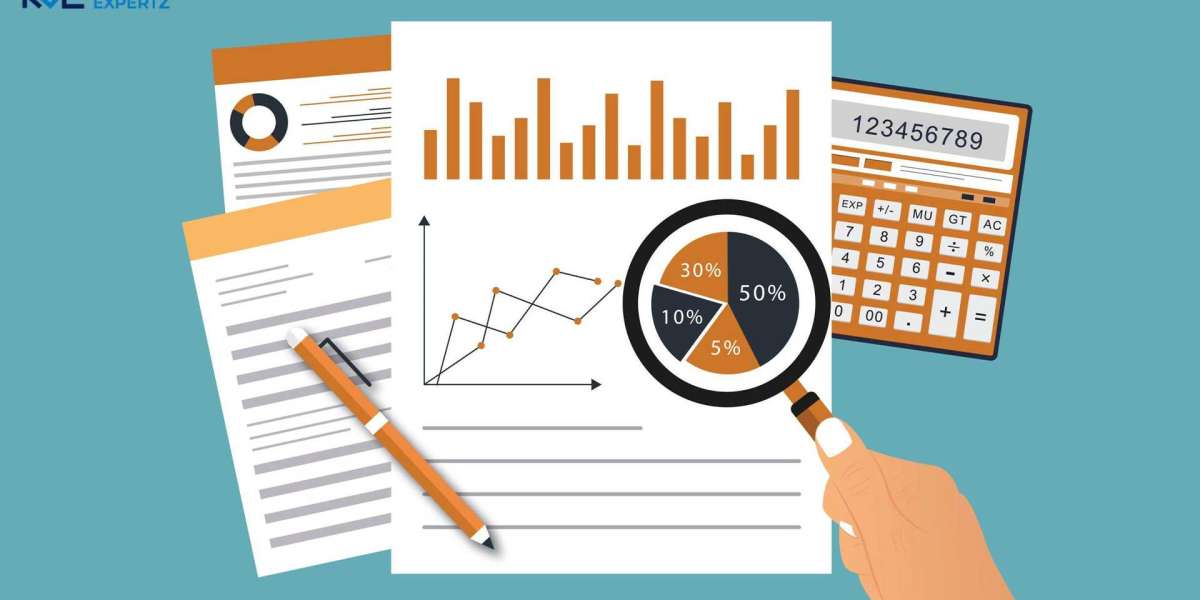As we live in an era of unpredictable weather patterns and natural disasters, having a backup plan for your home's energy source is essential. Power outages can last for days, sometimes weeks, resulting in discomfort and potential damage to your home. That's where a home backup generator comes into play. In this article, we will discuss the importance of having a backup generator and how to select the right one for your home needs.
Importance of a Backup Generator for Your Home
A home backup generator is a great investment for anyone who wants to protect their home and family. Here are some reasons why:
- Keeps critical appliances running during power outages: A backup generator can power essential appliances such as the refrigerator, lights, heating, and air conditioning systems, and medical equipment.
- Prevents damage to your home: Power outages can cause flooding, frozen pipes, and mold growth. A backup generator can help prevent these issues and reduce potential damage to your home.
- Increases home value: A home with a backup generator is an attractive selling point, as it assures potential buyers that they won't have to worry about power outages.
Several types of home backup generators are available in the market, but selecting the right one for your home can be challenging.
How to Select the Right Backup Generator for Your Home
Here are some factors you should consider when selecting a backup generator:
- Fuel type: Backup generators run on natural gas, propane, or diesel. Choose the fuel type that is readily available in your area and is affordable.
- Power output: Consider the appliances and equipment you want to power during a power outage. Add up their wattage requirements to determine how much power output your generator needs.
- Transfer switch: A transfer switch ensures that your generator is safely connected to your home's electrical system. Choose a generator that comes with a transfer switch or purchase one separately.
- Certification: Look for generators that meet the standards set by the National Fire Protection Association and Underwriters Laboratories.
- Noise level: Check the decibel rating of the generator. Look for a model with a low decibel rating, especially if you live in a densely populated area.
Before purchasing a backup generator, it's important to consult an electrician or a professional installer to determine your home's specific needs.
Conclusion
A home backup generator is a valuable investment that can keep your home and family safe during power outages. By selecting the right generator for your home, you can ensure that your essential appliances and equipment keep running when you need them the most. To learn more about backup generators and the various options available, visit Elaine Kelly's website.
References:








